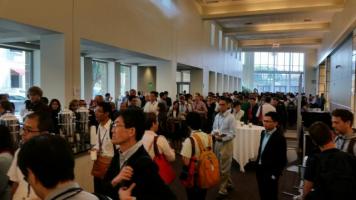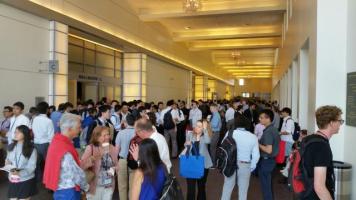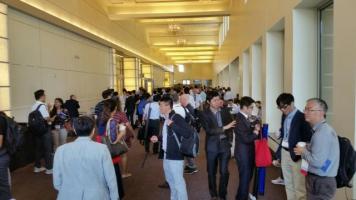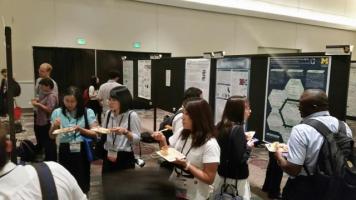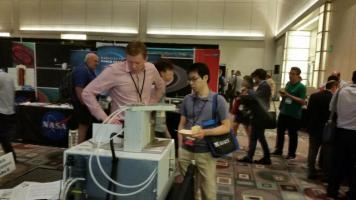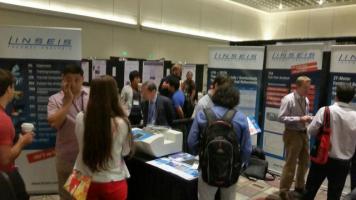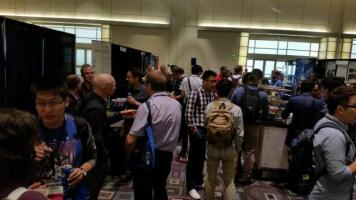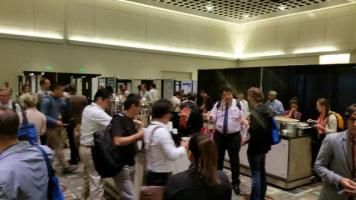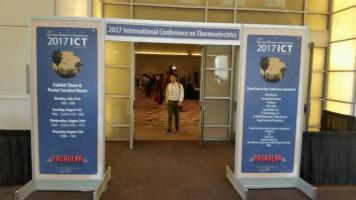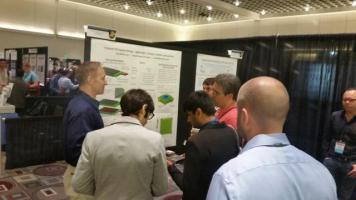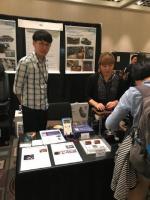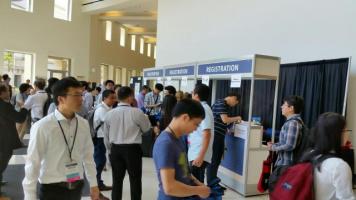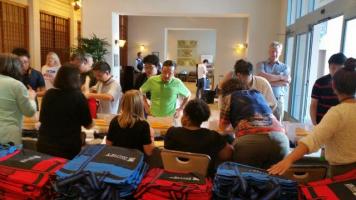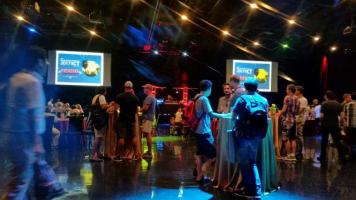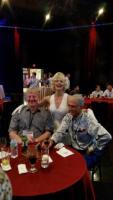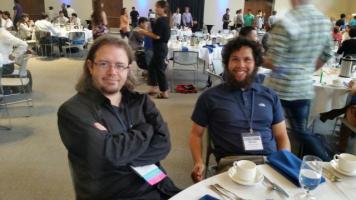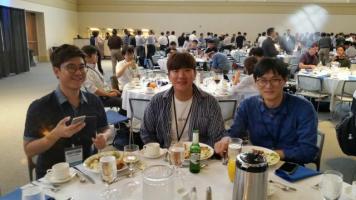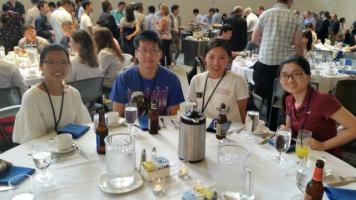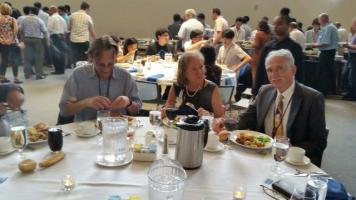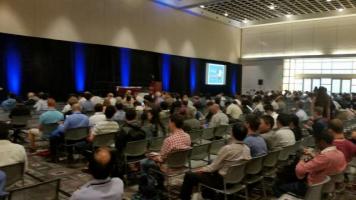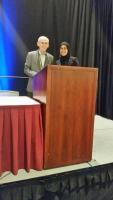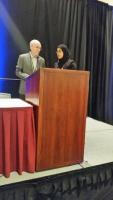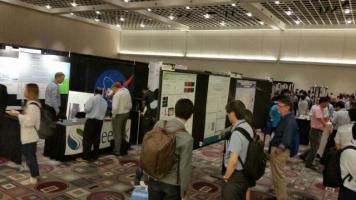Event Date(s):
2018-11-24 to 2018-11-30
Location:
Hynes Convention Center and adjacent Sheraton Boston Hotel
City, State/Prov:
Boston, MA
Country:
USA
Event Website:
Contact Name:
Kedar Hippalgaonkar
Phone:
+65-65011857
Contact Email:
Abstract Due Date:
2018-06-14
Details:
Approximately 65% of primary energy globally is lost to the environment as waste heat. Solutions for conversion of this energy into useful work depend upon the temperature at which the heat is generated. Thermoelectrics provides an attractive alternative to harvest this waste heat. Furthermore, thermoelectrics are being integrated into heat scavenging strategies for wearable electronics and for distributed sensors, where naturally occurring temperature gradients can power devices. Thermoelectrics can also be operated in reverse where electricity can be used to provide cooling. For this application, thermoelectrics are now found commercially in portable refrigerators, dehumidifiers, and even in cloth dryers. Emerging wearable technologies using thermoelectrics are now providing personal cooling. Innovation in materials as well as novel concepts in condensed matter physics have assisted in this development. In addition, broader engineering approaches such as thermo-electro-chemical converters are starting to emerge as alternative strategies that have the potential to outperform conventional thermoelectrics in some applications. Thermo-electro-chemical convertors, similar to thermoelectrics, are attractive because they can leverage advances in the high roundtrip efficiencies of electrochemical systems, such as batteries, to provide efficient power generation and cooling.
Invited Speakers:
- Mariano Campoy-Quiles (Institute of Material Science of Barcelona, Spain)
- Xavier Crispin (Linkoping University, Sweden)
- Andrew Ferguson (National Renewable Energy Laboratory, USA)
- Hadi Ghasemi (University of Houston, USA)
- Anton Koster, L. Jan (University of Groningen, Netherlands)
- Howard Katz (Johns Hopkins University, USA)
- Colin Lambert (Lancaster University, United Kingdom)
- Seth Marder (Georgia Institute of Technology, USA)
- Christian Muller (Chalmers, Sweden)
- Riccardo Di Pietro (University of Cambridge, United Kingdom)
- Ravi Prasher (Lawrence Berkeley National Laboratory, USA)
- Denny Pringle (Deakin University, Australia)
- Rachel Segalman (University of California, Santa Barbara, USA)
- Jeff Snyder (Northwestern University, USA)
- Qingshuo Wei (National Institute of Advanced Industrial Science and Technology, Japan)
- Luisa Whittaker-Brooks (University of Utah, USA)
- Dongyan Xu (Chinese University of Hong Kong, Hong Kong)
- Shao-Horn Yang (Massachusetts Institute of Technology, USA)
- Choongho Yu (Texas A&M University, USA)


